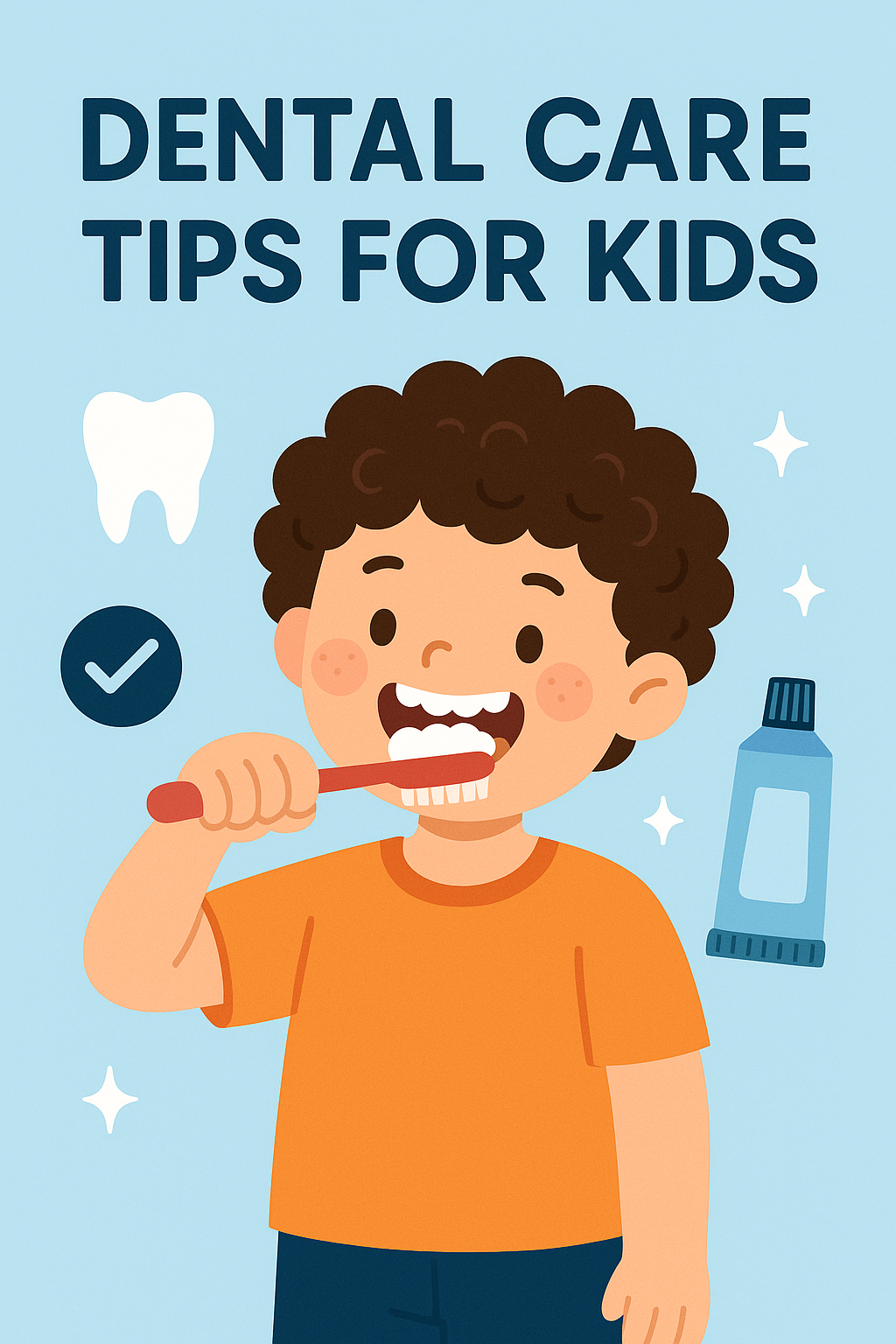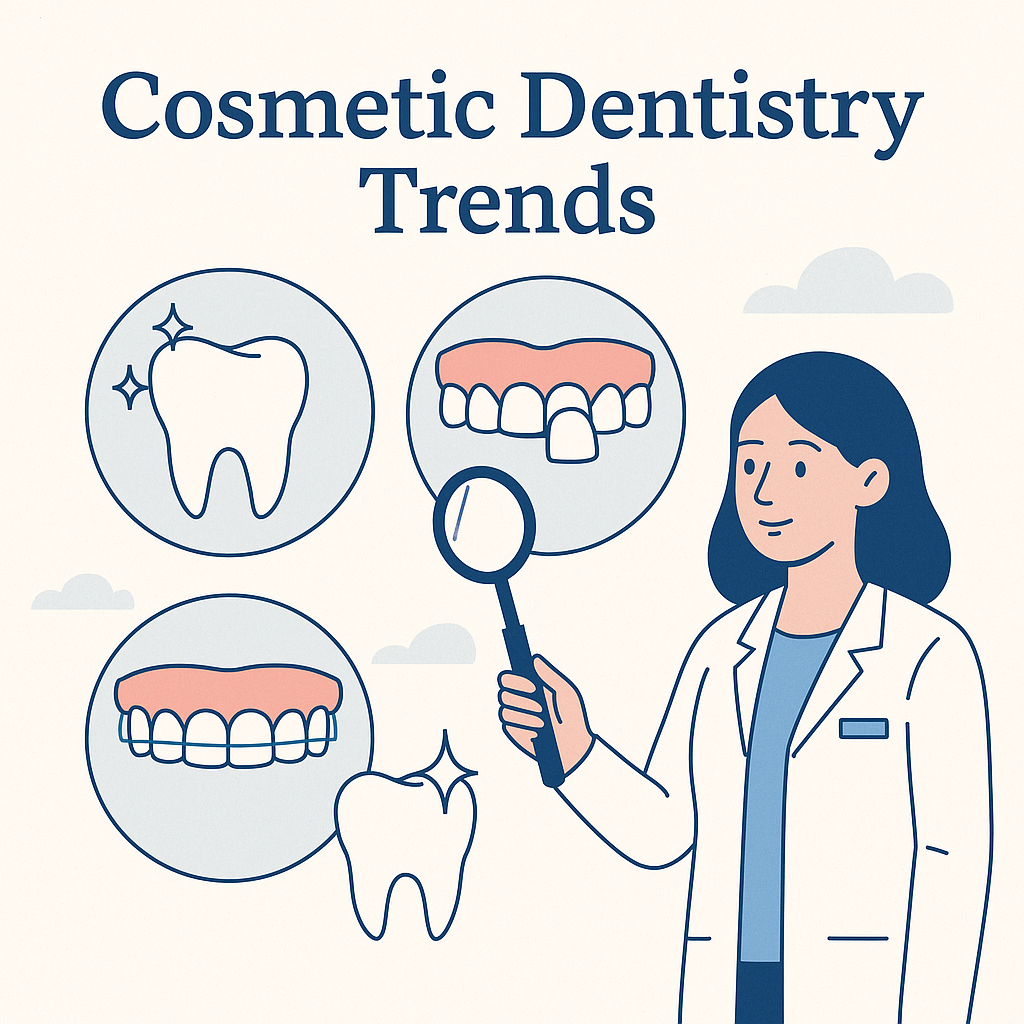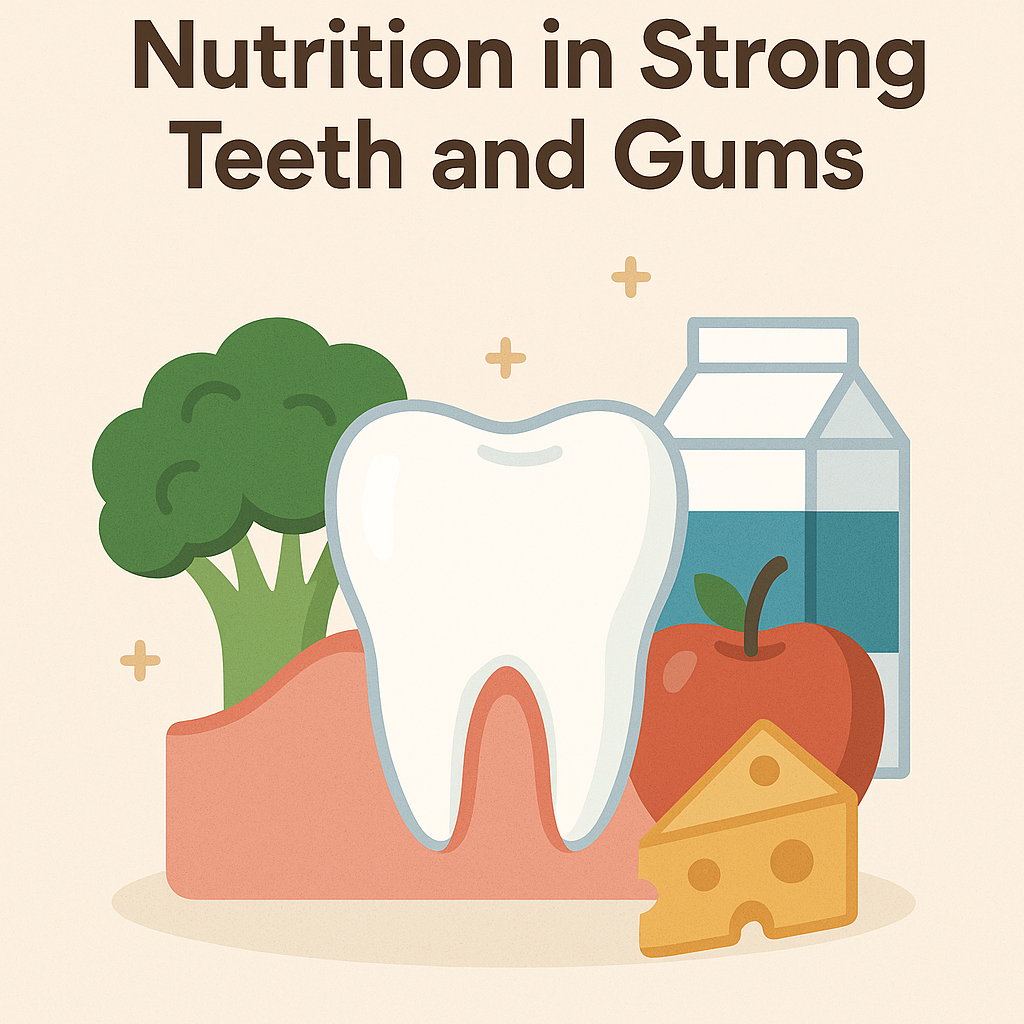Table of Contents
ToggleDental Care Tips for Kids
Dental Care Tips for Kids and health in childhood set the foundation for a lifetime of bright, healthy smiles. In this comprehensive guide, you’ll find practical tips—rooted in expert advice and pediatric dentistry best practices—to help your child build strong dental habits early on.
Why Children’s Dental Care Matters
Baby teeth may be temporary, but they play a critical role in chewing, speech development, jaw growth, and guiding adult teeth into position. Poor oral hygiene can lead to early childhood caries (ECC), pain, difficulty eating, and challenges in school performance. In addition, early education around dental care helps children develop positive lifelong habits.
Understanding Tooth Development
Stages of Dental Growth
Children typically begin getting their first teeth around six months of age. By age three, most will have a full set of 20 baby (primary) teeth. Around age six, those primary teeth start to fall out, making room for 28–32 permanent teeth. For more details on human tooth development, visit Wikipedia: Tooth.
Importance of Baby Teeth
Primary teeth hold space for permanent teeth, aid in clear speech, and support good nutrition by enabling effective chewing. Losing them too early due to cavities or trauma can lead to orthodontic issues and self-esteem challenges.
Daily Oral Hygiene for Kids
Brushing Basics
- Start cleaning your baby’s gums with a soft, damp cloth even before teeth erupt.
- Once teeth appear, use a pea-sized dab of fluoride toothpaste and a small-bristled brush.
- Encourage brushing twice daily for two minutes—consider using a fun, age-appropriate timer or app.
- Supervise brushing up to age 6–8 to ensure proper technique and thorough cleaning.
Flossing and Interdental Cleaning
Begin flossing when two teeth touch. Use pediatric flossers or soft floss under the supervision of an adult. This prevents plaque buildup between teeth and reduces the risk of cavities.
Diet’s Role in Healthy Teeth
Limiting Sugars and Acidic Foods
Sugary snacks and drinks increase the risk of cavities. Opt for water or milk over soda or fruit juice. Teach your child to rinse their mouth with water after consuming sugary foods, especially before bedtime.
Tooth-Friendly Snacks
Stock up on nutritious snacks such as cheese, yogurt, raw vegetables, nuts (age-appropriate), and fresh fruit—foods that support enamel health and help clean teeth naturally.
Building Positive Oral Hygiene Habits
Lead by Example
Children model their behavior after adults. Brush and floss together, and discuss your dental routine positively to make it a family activity.
Turn Care into a Game
Reward charts, sticker systems, or brushing-themed stories can motivate young kids. Earning a small reward for consistent brushing can reinforce healthy habits.
The Role of Pediatric Dentistry
When to Schedule the First Dental Visit
The American Academy of Pediatric Dentistry recommends the first dental check-up by age one or within six months of the first tooth’s appearance. Early visits familiarize children with the dentist, making future care less intimidating.
What to Expect at a Dental Visit
- Gentle cleaning to remove plaque and early signs of cavities
- Fluoride varnish to strengthen enamel
- Advice on diet, habits, and home care
- Discussion of any required treatments
Handling Common Digital and Lifestyle Challenges
Pacifiers and Thumb-Sucking Habits
These are common in infants and toddlers. Most children will stop by age 2–4. Persistent habits beyond this age can affect tooth alignment. Ask your dentist for guidance and discouragement techniques.
Managing Screen Time and Sleep Routines
Limit nighttime screen use, especially after brushing. Exposure to blue light can disrupt sleep and lead to nighttime snacking, which can harm dental health.
Preventing Cavities and Dental Emergencies
Sealants for Added Protection
Dental sealants are a clear protective coating applied to molars to shield grooves from decay. They are generally recommended around age 6–14.
Emergency Preparedness
Know what to do in case of a knocked-out tooth or dental injury. Rinse and preserve a knocked-out permanent tooth in milk and seek emergency care immediately. Always keep emergency contact info accessible.
Connecting Dental Care with Overall Health
Oral-Systemic Health Links
Oral health impacts general well-being. Untreated dental infections can lead to systemic illness. Regular dental care supports healthy growth and immune function.
Supporting Speech, Confidence, and Nutrition
Healthy teeth support proper speech development and make smiling easier, boosting confidence and social interaction. Pain-free eating encourages a balanced diet, essential for growth.
Choosing a Trusted Dental Provider in Atlanta
Finding the right dentist means choosing someone experienced in pediatric care and comfortable with children. At Atlanta Dentistry, our Comprehensive Family Dental Care program offers gentle, age-appropriate care, a perfect fit for young patients.
What to Look For
- Pediatric or family dentistry credentialed professionals
- Child-friendly office with comforting décor and tools
- Supportive environment to ease dental anxiety
- Education-centered approach to build healthy habits
Frequently Asked Questions (FAQs)
How often should kids visit the dentist?
Regular check-ups every six months help detect early issues and keep your child’s oral health on track. More frequent visits may be needed if there are existing concerns.
Is fluoride safe for kids?
Yes. Fluoride toothpaste and varnish are proven to prevent cavities. Use only a smear (rice grain size) until age 3, then a pea-sized amount for ages 3–6.
When should we stop using juice boxes?
While fruit juice in moderation is acceptable, avoid sippy cups with juice, especially at bedtime. Encourage water and whole fruits instead.
Conclusion
By combining early dental visits, consistent home care, healthy eating, and positive reinforcement, you can provide a strong foundation for your child’s lifelong oral health. Partnering with a trusted dental provider like Atlanta Dentistry ensures expert guidance every step of the way.





